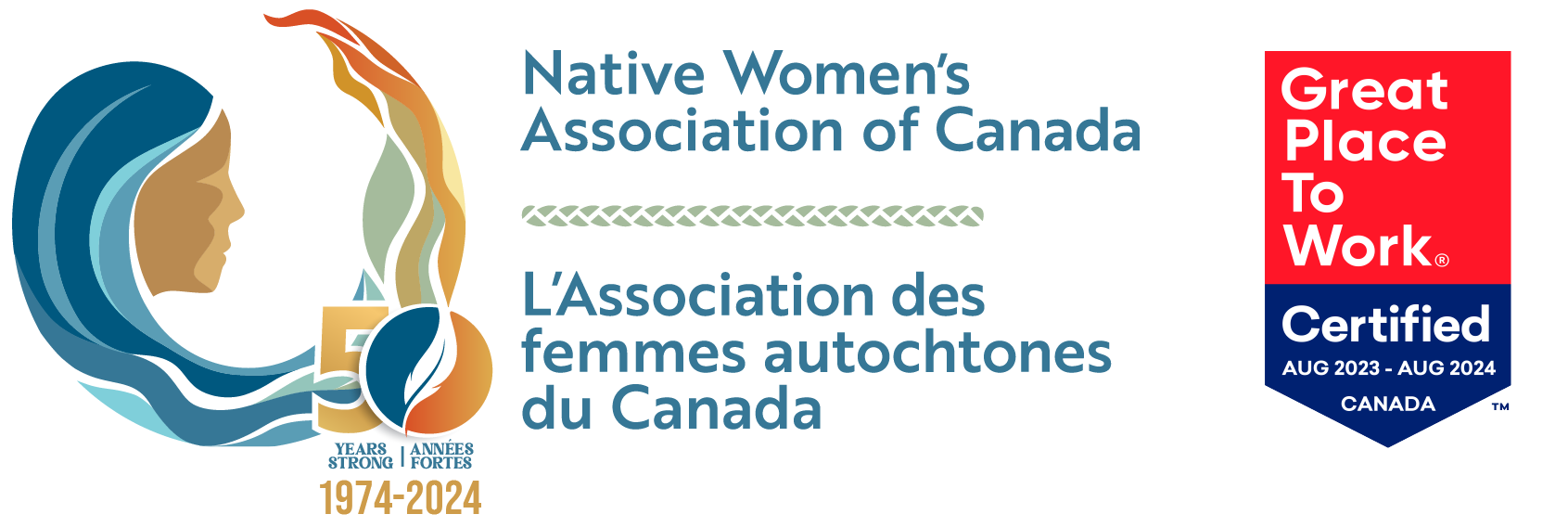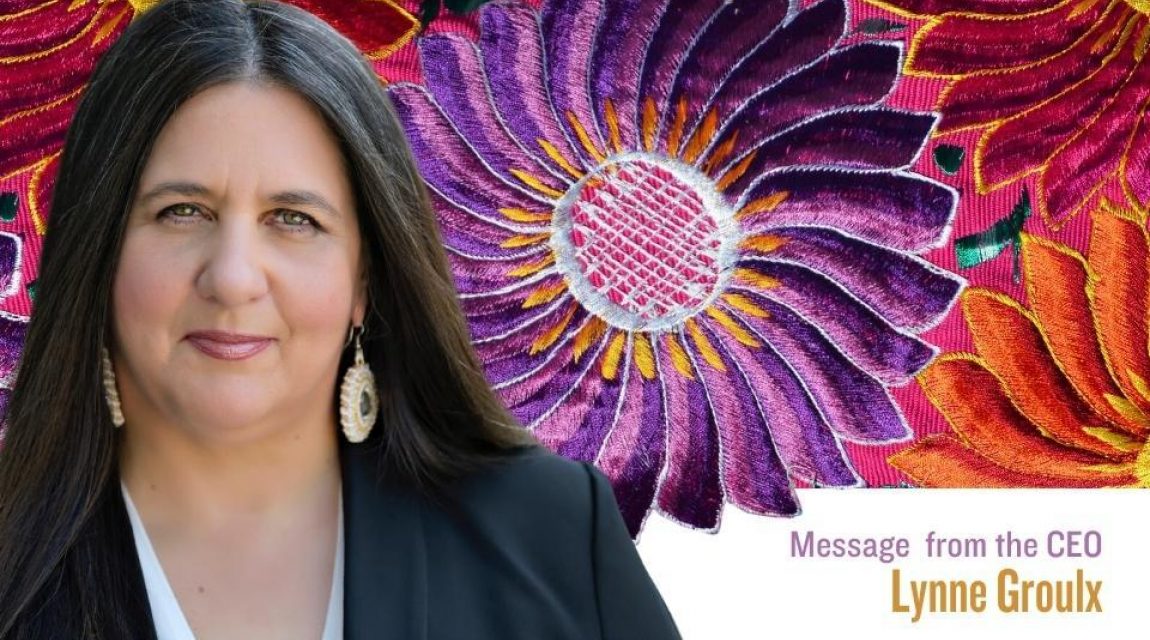The federal, provincial/territorial and municipal governments, and Canadians, must implement 231 steps to end the genocide against Indigenous women and girls. Those 231 Calls for Justice—outlined in the final report of the National Inquiry into Missing and Murdered Indigenous Women and Girls—are legal imperatives. “These Calls for Justice represent important ways to end the genocide and to transform systemic and societal values that have worked to maintain colonial violence,” reads the report.
One of the pathways to ending the genocide is to end the economic marginalization of Indigenous women, girls, Two-Spirit, transgender, and gender-diverse (WG2STGD+) people. In this issue of Shining the Spotlight, we offer stories detailing the progress that the Native Women’s Association of Canada (NWAC) is making in this area.
We bring you a success story, written by a graduate of the Indigenous Skills and Employment Training (ISET program. In her own words, Luanne Kuzma traces her journey to achieve her dream to open an online clothing store and how she found a new dream in the process. If it weren’t for the program, Luanne says she felt supported and that NWAC, ISET and her supervisor helped her achieve her goals.
Our National Apprenticeships Program (NAP) is another avenue open to Indigenous WG2STGD+ people who are interested in entering the construction and manufacturing trades. This story carries testimonials from Raven and Kaylyn, whose lives have been positively impacted by the program. They use the words life-changing, growth, supportive, and inspiring when they talk about their own apprenticeship journey. And Poppy, a women business owner in a male-dominated trade, gives her insights into the value of NAP from an employer perspective.
We also have an update on three other programs designed to promote economic empowerment: the Community Workforce Development Program, the Women’s Entrepreneur Accelerator program, and #BeTheDrum. The first two are very new, and we are excited to see these effect transformative change. As for #BeTheDrum, to date, over 330 Indigenous women and gender-diverse entrepreneurs have signed on to be mentored, network, and enroll in business, management, and entrepreneurial workshops.
Indigenous WG2STGD+ people have a right to security, which the National Inquiry’s final report defines as security in social and economic terms. Ending their economic marginalization is a key stepping stone to ending the genocide—and a pivotal focus for NWAC. It’s why we place much importance on such grassroots programs, and why we are advocating at both the national and international levels. You’ll read about this work in our MMIWG2S+ story, which highlights the cross-Canada and global outreach activities I am undertaking to promote and advocate for Indigenous-led approaches to helping the grassroots people I represent achieve economic gains, so they and their families may feel secure.
In this same story, you will see that I have embarked on what I call mission tours to countries within the Central American Integration System. I am sharing our successes and developing business partnerships—with the aim to support the social, economic, cultural, and political growth and well-being of Indigenous WG2STGD+ people.
Health and wellness is another touchpoint area highlighted in the National Inquiry’s final report. And so we bring you our progress on our oral health project—after all, there is a direct connection between the health of our mouths and our overall health. A large part of health and wellness is tied up in the homes we live in. Crowded spaces, houses in disrepair, poor drinking water, unsanitary conditions all have a bearing on our health. In this issue, we give you an update on a sustainable, affordable, and culturally appropriate housing model, which is very exciting. The environment shares equal attention, for obvious reasons; we want to ensure that we are heard on important environmental policy issues, which impact Indigenous Peoples. We bring you an update on our work in this area, including reducing the risk of disasters, the Water Carriers project, and protecting fish and fish habitats.
This issue of Shining the Spotlight highlights the breadth and depth of the advocacy work we are doing to empower and amplify the voice of Indigenous WG2STGD+ people across this country.

